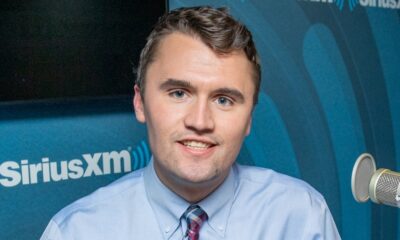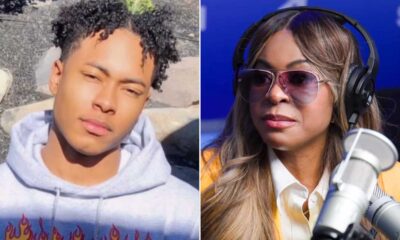Entertainment
NBA Veteran and First Openly Gay Athlete Jason Collins Undergoing Treatment for Brain Tumor
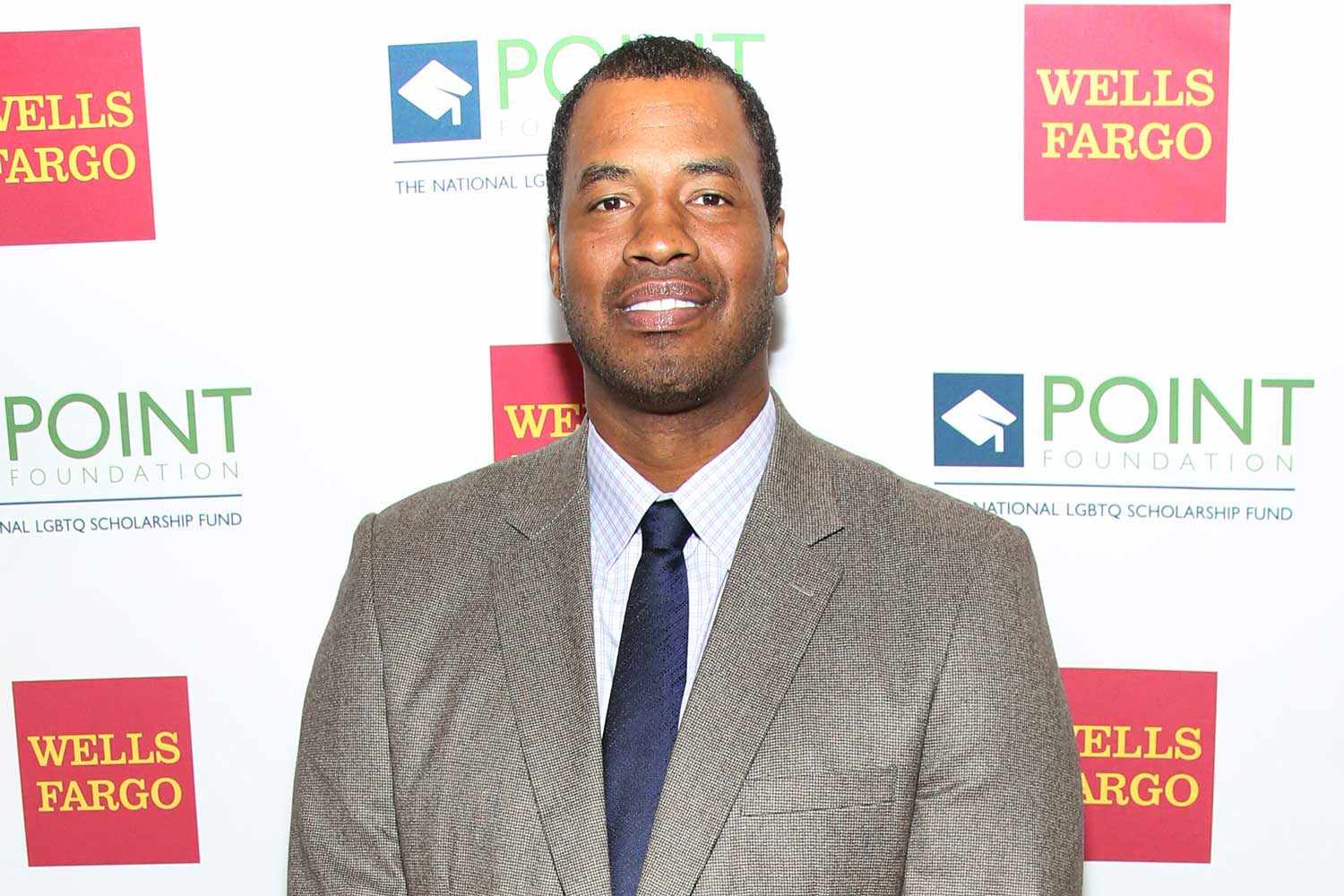
NEED TO KNOW
- Former NBA player Jason Collins is undergoing treatment for a brain tumor, his family said in a statement to the NBA
- Collins and his family “welcome your support and prayers and kindly ask for privacy,” the statement said
- Collins, the first openly gay player in the league, married his husband Brunson Green in May
Former NBA player Jason Collins, the first openly gay athlete in the league, is undergoing treatment for a brain tumor, his family said via the NBA on Thursday.
In a statement on Thursday, Sept. 11, his family said, “NBA Ambassador and 13-year NBA veteran Jason Collins is currently undergoing treatment for a brain tumor.” Collins, 46, and his family “welcome your support and prayers and kindly ask for privacy as they dedicate their attention to Jason’s health and well-being.”
The Stanford University men’s basketball team, where Collins played before going pro, shared well wishes to their alum after the NBA’s announcement. “Sending our love and support to Jason, his husband Brunson, Jarron and the entire Collins family,” the team wrote on X.
Collins played in the NBA from 2001 to 2014, appearing in the 2002 and 2003 NBA Finals with the then-New Jersey Nets.
The news of Collins’ treatment comes just months after he married his husband Brunson Greene, a 57-year-old film producer who earned a Best Picture nomination for The Help, on May 29. Actress Octavia Spencer attended and shared photos from the ceremony, writing, “Welcome to the family @jasoncollins_98. You’ve chosen well, and so has he! Love you, B!”
Collins made history when he became the first openly gay NBA player, sharing his story in a 2013 open letter with Sports Illustrated.
In 2018, Collins told PEOPLE wearing the number 98 on his jersey for most of his 13-season career had special significance. The number paid respects to Matthew Shepard, a gay man who was tortured and killed because of his sexuality in 1998.
“I remember being a sophomore in college when Matthew Shepherd was killed,” Collins said. “Every time I put on that jersey, it was just a silent acknowledgment to myself and to my friends and family — who knew why I was wearing that number — of being a proud gay black man playing in the NBA. Sort of hiding in plain sight.”
Read the full article here

-

 Royals7 days ago
Royals7 days agoMeghan Markle’s Netflix show flops after being eviscerated by UK critics
-

 Gossip5 days ago
Gossip5 days agoEric Adams attends powerbroker John Catsimatidis’ birthday
-

 News7 days ago
News7 days agoIreland Baldwin Defends Step Mom Hilaria Baldwin Against Critics: ‘This Woman Is a Gem’
-
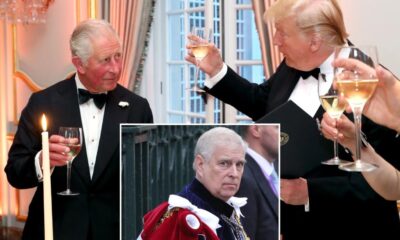
 Royals4 days ago
Royals4 days agoPrince Andrew embarrassed King Charles ahead of Trump visit
-

 Royals6 days ago
Royals6 days agoKate Middleton seemingly brunette again after blond makeover
-
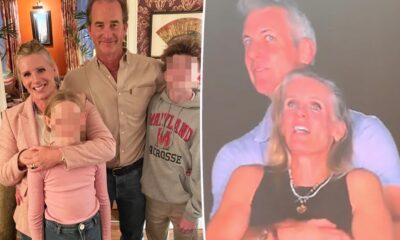
 Celebrity6 days ago
Celebrity6 days agoEx-Astronomer HR exec Kristin Cabot divorcing husband after Coldplay kiss cam scandal: report
-
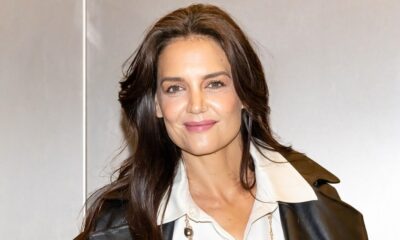
 News5 days ago
News5 days agoKatie Holmes’ Longchamp Bag Is Tote-ally Trending — So Is This $27 Amazon Lookalike
-
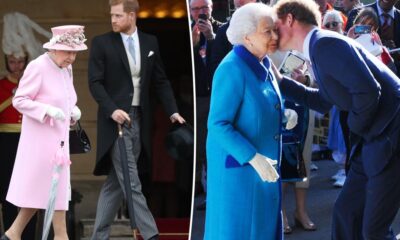
 Royals4 days ago
Royals4 days agoPrince Harry visits Queen Elizabeth’s gravesite on 3rd anniversary of her death






